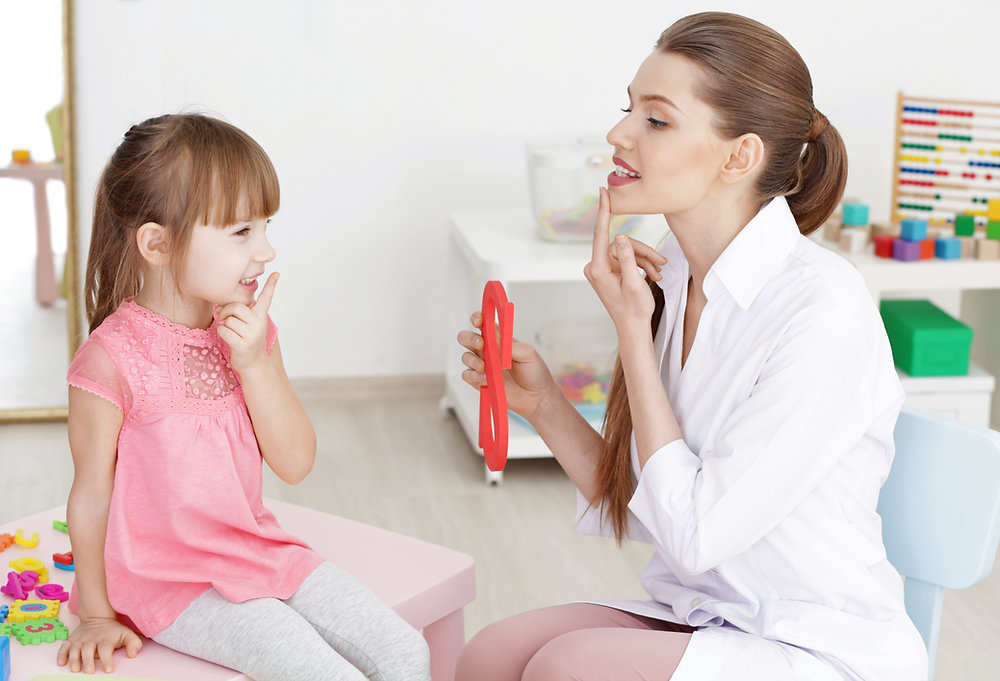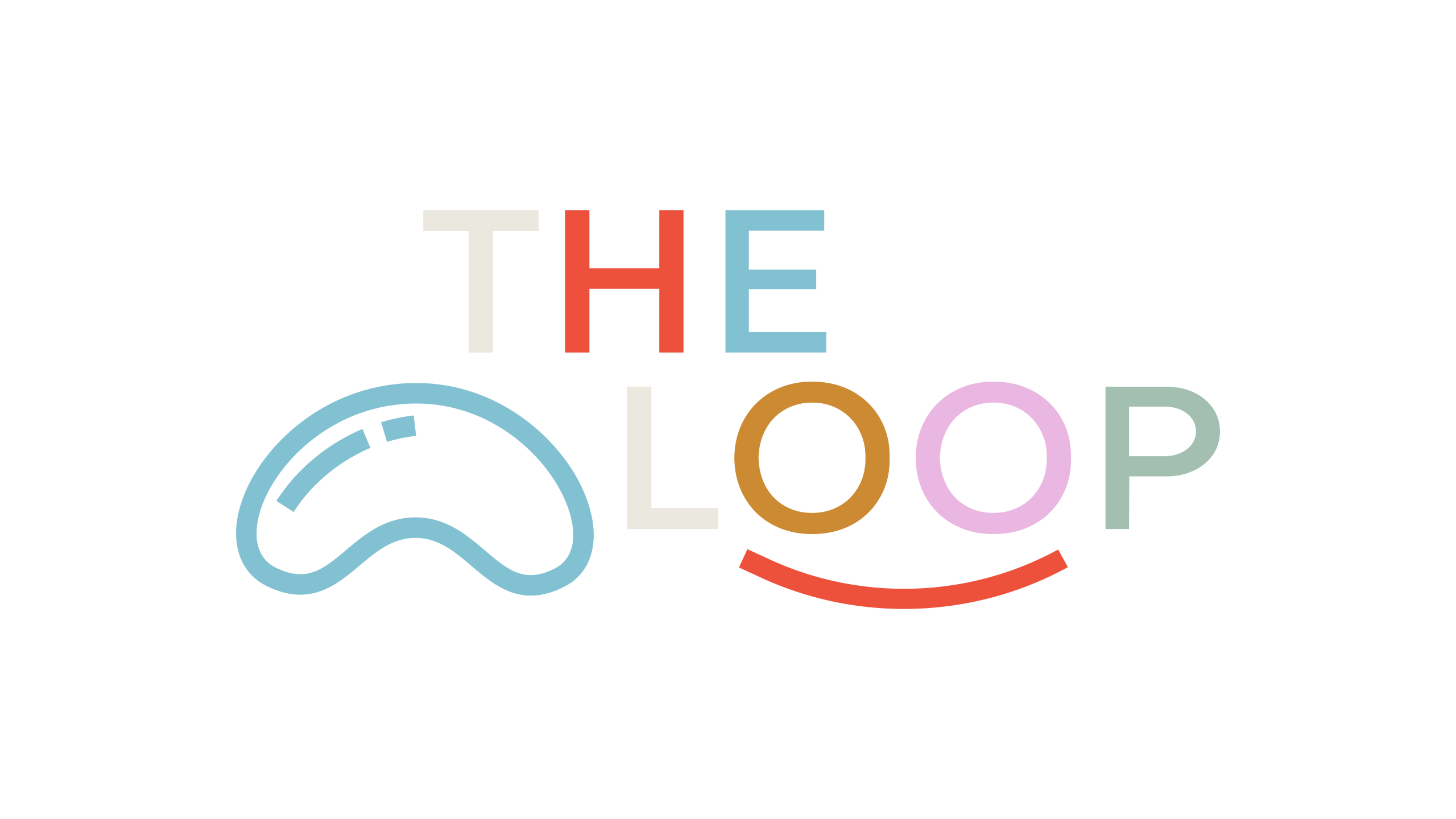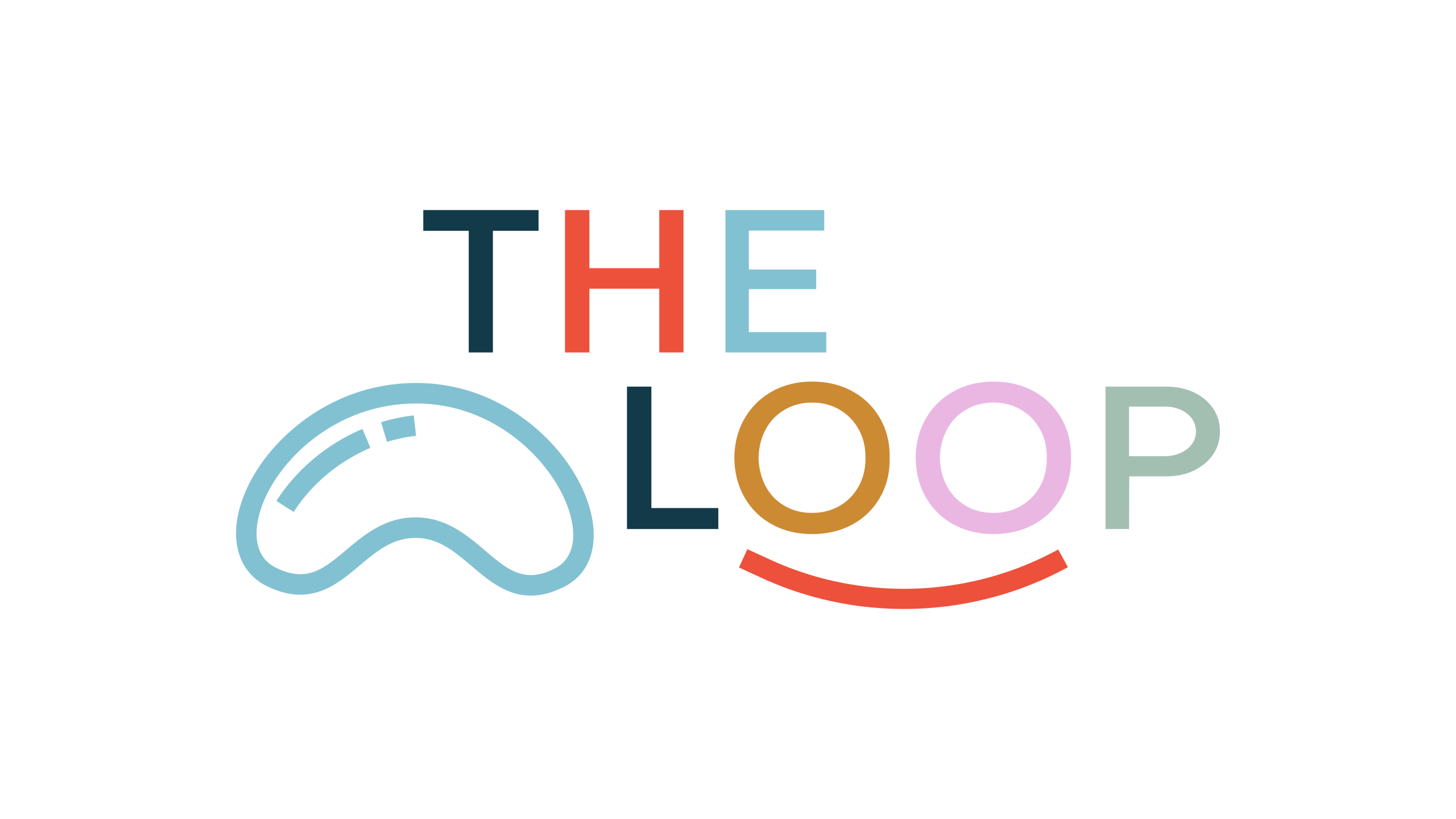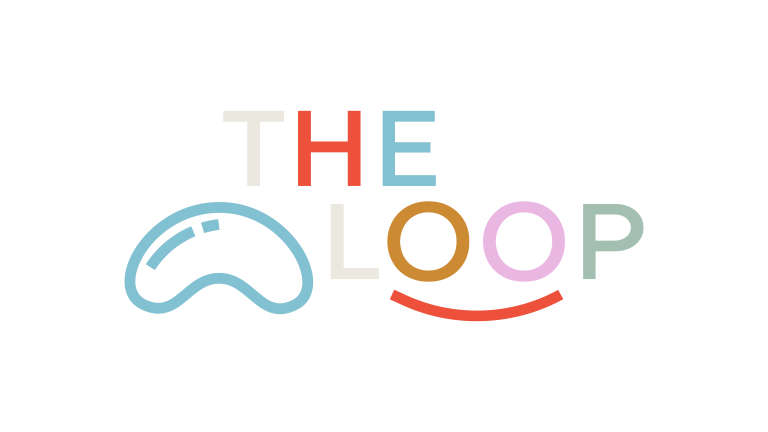
Recently, I was chatting with a mom friend, whose eight and ten year old kids both continue to pronounce their Rs as Ws. This is a common articulation issue among children, and one we Speech and Language Pathologists (SLPs) see and treat a lot.
(Fun Fact—We refer to this as “fronting,” because it happens when a person places the sound too far forward in their mouth, which changes it.)
“Is it wrong if I hope they never learn to say their sounds right?” she asked me, adding “It’s just so cute and reminds me of when they were little.”
I struggled with how to respond. On the one hand, I totally understand a mama’s wish for her babies to stay little forever. But, on the other hand—I’m a Speech Pathologist, so I know how important learning to accurately pronounce the sounds in our spoken language is.
All parents take a measure of delight in watching their children acquire spoken language, especially when they develop their own unique ways of pronouncing certain words. I’ll never forget how my daughter used to call blueberries “bwew-bees,” or when she’d say “I think I have a little ploblem.” It. Was. Adorrrrable.
But I also take great joy in watching her learn and grow, and that means letting go of her unique, childlike approximations of words. While we always remember and cherish the way she used to say certain things, we also celebrate her language learning and mastery.
To a lot of parents, the way their kids pronounce words isn’t a big deal—until it is.
Let’s take a deeper look at why the way we say our words is important.
Why is how children pronounce their words important?
When our kids are little, their brains and mouths are growing so fast and still learning to work together. So, errors in their speech are common and, generally, not a cause for concern. But when these issues persist into later childhood, they’re no longer developmentally appropriate and may require treatment to be overcome.
Benchmarks for speech sound mastery have been researched and developed. With this data in mind, kids who struggle with their articulation of sounds and sound combinations past certain age ranges may be classified as having an articulation disorder.
As a general rule, most kids will have mastered all their speech sounds by the age of eight. While there’s some variation within the developmental norms for speech sound acquisition, children who are typically developing in their articulation skills tend to have speech that’s clear 75-100% of the time by the age of three.
That’s not to say kids won’t still have articulation issues beyond this age, as some speech sounds are more difficult to produce and expected to be mastered later. For example, the sound /s/ isn’t typically mastered until age five, and /r/ may not be fully developed until seven.
An articulation disorder is a type of communication disorder. People with articulation disorders have difficulty producing certain sounds in conversational speech accurately. This can impact how well a person is able to communicate. It can also negatively impact learning, school performance, socialization, and overall quality of life.
What do we mean when we talk about articulation disorders?
Articulation disorders are considered a type of speech sound disorder. Speech errors may occur every time a child makes a certain sound, or only when the sound is in a particular position in a word. It can also vary based on the different sound combinations in words.
Let’s look at some ways articulation disorders commonly show up in school-aged children—
Sound Substitutions—this is when a child swaps one sound for another when saying a word. For example: “ted” for “bed”, or “dood” for “good”
Omissions and deletions—this is when a child leaves off certain sounds in words. For example, saying “coo” instead of “school”
Sound distortions—this error happens when a child changes or modifies the sounds in a word. For example, saying “thith” instead of “this”
Sound additions—this occurs when a child tacks additional sounds onto a word. For example: “buhlack” instead of “black”
Syllabic errors—this error happens when a child repeats or omits word parts. Examples include: “getti” for “spaghetti” or “puhlay” for “play”
Prosodic errors—emphasis matters. When a child places incorrect stress, intonation, or inflection on certain word parts, it can change the meaning.
If you notice your child experiencing any of these issues with their speech, and you’re concerned—reach out! They may be in need of evaluation or treatment by a Speech Pathologist.
What causes a speech sound disorder?
In truth, there’s often no way to pinpoint the cause of an articulation disorder. But, some conditions that have been shown to cause speech sound errors in the children who have them include—
Cleft palate or lip
Hearing loss
Developmental disabilities
Issues impacting the cranial nerves involved in speech production
Other Issues impacting the articulators (i.e. tongue, teeth, throat)
For many children, however, an articulation disorder can be present without any of these underlying factors.
If you suspect your child has an articulation disorder that hasn’t yet been identified, the first step is typically to rule out an underlying auditory issue that may be impacting their ability to hear the sounds of spoken language. Hearing tests can be performed by your child’s healthcare provider and also by a speech pathologist or audiologist.
The next step will likely involve an evaluation by an SLP. Here at The Loop, we first schedule a consultation time to meet you and your child. If an assessment is warranted and agreed upon, we then coordinate and schedule an assessment time with your child’s teacher. You can learn more about our process by checking out our About Page.
How is an articulation disorder treated?
We’re glad you asked! We SLPs are always willing to discuss how we help children in the school setting—and articulation therapy is a huge part of what we offer to the school-aged population!
Once an evaluation has helped determine not only the presence of an articulation disorder, but has provided important information about where it shows up in your child’s speech—it’s time to create and begin our treatment plan.
At The Loop, all our treatments are tailored to your child’s individual needs. We also provide fun, motivating, child-focused activities—to keep your kiddo engaged and having fun while they’re learning!
Articulation therapy can involve drills (don’t worry—we’ve got LOTS of ways to make these fun), modelling (sometimes, we even use a toy mouth to show kids where sounds are made!), and multimodal activities—like drawing and coloring, tasks with manipulatives, and games (to provide a holistic approach to your child’s grasp of the sounds of speech).
You’ll also play an important role in your child’s articulation therapy. You can help therapy continue outside of the treatment space—encouraging your child to practice their strategies, doing home activities, and collaborating and sharing information with us throughout the treatment process. We love when parents get involved, because we know the best outcomes are achieved this way.
We believe smart people ask questions. So, if you have questions about your child’s speech development—just ask! You can reach out to your child’s teacher, or contact us directly. We’re available to discuss your questions and concerns. If needed, together we can make a plan to evaluate and treat your child.
An articulation disorder doesn't need to be an issue that follows your child into adulthood. We have excellent outcomes with directly treating articulation disorders in the children who experience them. And we’d love to help your child overcome any issues they may be having with their speech.
We love what we do, and we think it shows! If you’re looking for the highest quality learning support around for your child, connect with us at www.theloopsll.com, follow us on social @TheLoopSLL, or send us a message at info@theloopsll.com


